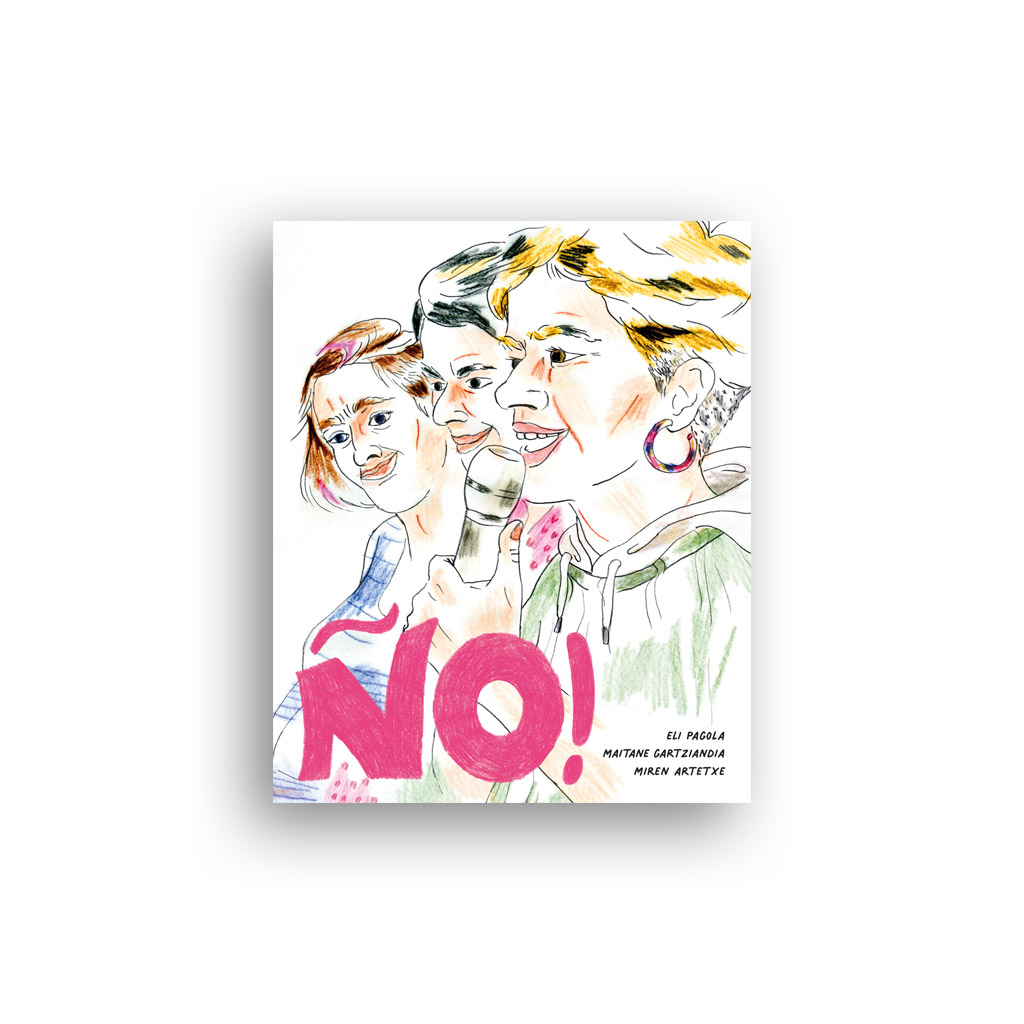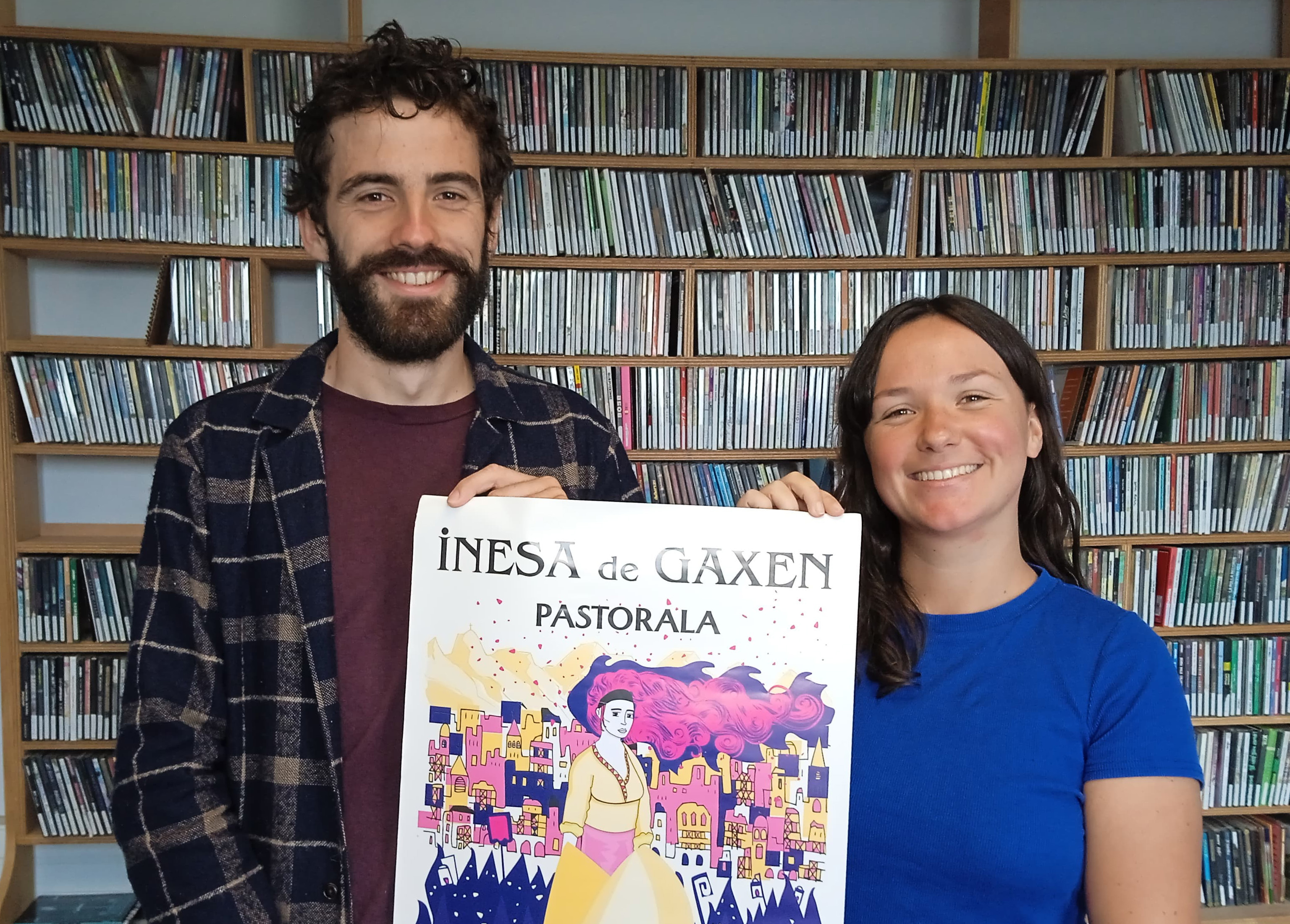"Pastoral rather than spectacular is, for the most part, a human adventure"

Why the pastoral care of Andereserora in the Capital?
150 years ago, the pastoral Geneviève de Brabant was given in the Capital in honor of Luciano Bonaparte, according to the late Gilbert Desport, who has done research on the history of the Capital. This year, it is in this context that Mr. Alain Iriart has promoted it, at the same time the town has premiered a new semi-village called Corazón del Pueblo, with a new Casa del Pueblo, a commercial, residential life, a square of squares and balls, made with the stones of the historic square. The pastoral care of the Andereserora Capital will not fail to appeal to the Heart of the People, with the spectacular organization of its citizens.
As the theme of this pastoral is the history of the Capital, the aim is to strengthen its Basque identity, an identity that was weakened at the beginning of the last century. This is the goal of all pastoral works, which will be carried out here in a village on the northern border of the Basque Country.
In recent years, the Pastoral has come out of Zubero: Lapurdi, which is Upper Navarre, has also traveled south. To what does this trend respond?
The pastoral of Xibero has become a “national veil” bringing together a broad Basque audience, the largest part made up of the Xibero-Americans themselves but also from neighbouring countries with Jin people, the pastoral awakening hunger even outside Xibero
Since the eighties, the pastoral of Xibero has become a “national veil” bringing together a large Basque audience, the largest part of which is made up of the Xibero-Americans themselves, but also with Jin people from neighbouring countries, thus arousing the pastoral hunger outside of Xibero. At the time of Ber, next to Paris (where two pastoral sessions were held in the sixties), Bayonne becomes the economic capital of the North.
In 2013, Buhamina, the crown wife, and the Tuntuna group that promotes the Baionan Kantuz initiative, successfully nailed Baionarat to the pastoral René Cassin of the town of Sohüta. This led to Catalina de Erauso of Bayonne in 2016, forming an artistic commission of this kind around the Pantxika Urruty regiment. This has the Casona del Carmen by Gerardo Mungia in 2017 and Alain Iriarte this year allowed the realization of the dreams of brushing the done 150 years ago.
These are some of the obvious reasons, but there is something strong underneath it, compared to the struggle for Basque in the North for forty years, linked to the need to proclaim Basque language in the square through Basque popular culture. Pastoral, but also Kabalkadas or Libertimendes, are seen as a worthy and rich instrument of popular reunification and generational confusion, which the elders set out to live with young people who were about to lose their lives, out of the culture of the theatres, out of the passage that it has from the social as well as from the cultural.
You are the writer of the pastoral with Patxi Iriarte. What would you highlight in your work? What kind of experience have you had?
First of all, the trust that others have placed in us, because we never invented or wrote a pastoral plan. Then our relationship with Patxi (short and too short) and the discussions about the similars, who have been the guides to define what we wanted to do, in the communion of the hat of 2009, which is summed up by the phrase “From Basque and Basque” by Maialen Lujanbio. In Basque and Basque, in addition to historical data, if the word, its nucleus and the games that can be played with it have helped us to present a player or actür very pastoral in Basque, not a music or a beauty. At least we rehearsed that.
150 Arizales. Of all ages. Is Euskera alive to tackle this massive outbreak in the capital?
Some generations of the capital near the last war thought that the Basque language had never spoken in the village
Some generations of the capital near the last war thought that the Basque language had never been spoken in the village. In Alta, history shows the opposite and the pastoral will also be witness to it, and more than that, a historical event based on the Basque foundations will stop for the people.
Pastoral rather than spectacular is, for the most part, a human adventure of nine months, a commitment that the present society is not accustomed to, which forces each one to create a special community for the future.
As in Bayonne, Pantxika Urruti has prioritized the Basque language in the repetitions that were once a week since its inception. This principle has generated discontent, but soon, Basque has become the first language among all generations, offering young people with Basque education (the oldest is 81 years old, the youngest is 5 and both are Basque) and those who are learning it a living and creative space to practice, and integrating those from abroad in this Basque community in the Capital.
In a city of five thousand inhabitants, Basque is not the first language of most of the population. But like all the tools that the Basque popular culture has, pastoral, it has brought together and will grow the Basque community in the years to come.
The group of singers Oilarrak will celebrate its 30 years with a pastoral ttipi of the priest Matalaz. In 2013, coinciding with the Xiru Festival, an action such as the pastoral Ederlezi, created by Mixel Etxekopar, will take place with song singers and musicians from the... [+]














